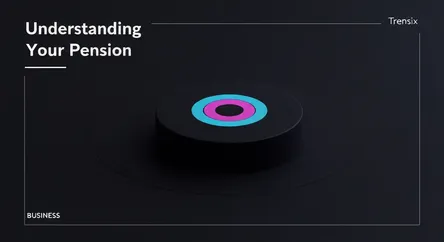Business
Understanding Your Pension

Discover what a pension is, how these retirement plans work, and why they are a crucial part of securing your financial future after you stop working.
What is it?
A pension is a retirement fund where money is contributed during an employee's working years to provide them with an income after they stop working. It's a long-term savings plan, often with contributions from both the employer and employee. There are two primary types: Defined Benefit (DB), which guarantees a specific income for life, and Defined Contribution (DC), like a 401(k), where the final payout depends on contributions and investment performance.
Why is it trending?
Pensions are a hot topic due to aging populations and economic shifts. Many companies are moving away from traditional DB plans, placing more responsibility on individuals to manage their retirement savings through DC plans. Governments are also adjusting state pension ages and benefits in response to fiscal pressures. This has increased awareness and concern about personal retirement planning, especially among younger workers who need to save proactively for their future.
How does it affect people?
A solid pension plan is fundamental to financial security in retirement. It provides a steady income stream, enabling individuals to cover living expenses and maintain their quality of life without working. Without adequate pension savings, people face the risk of poverty in old age. The shift toward DC plans requires individuals to be more financially literate and engaged in managing their investments to ensure their funds last throughout their retirement years.